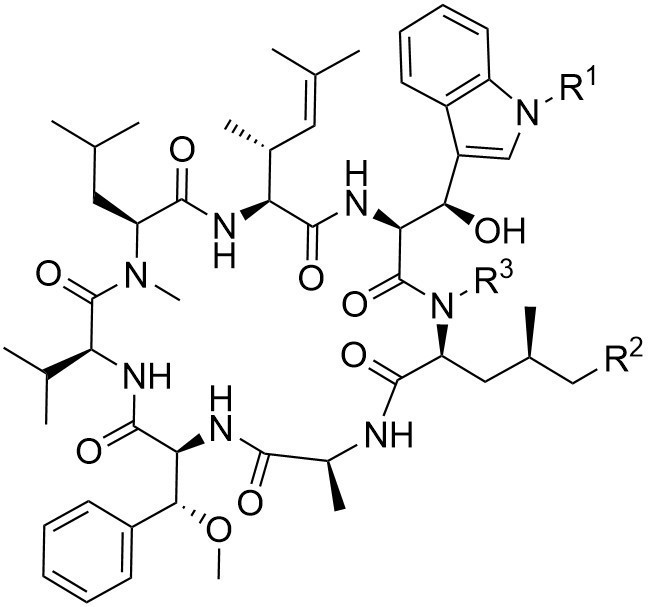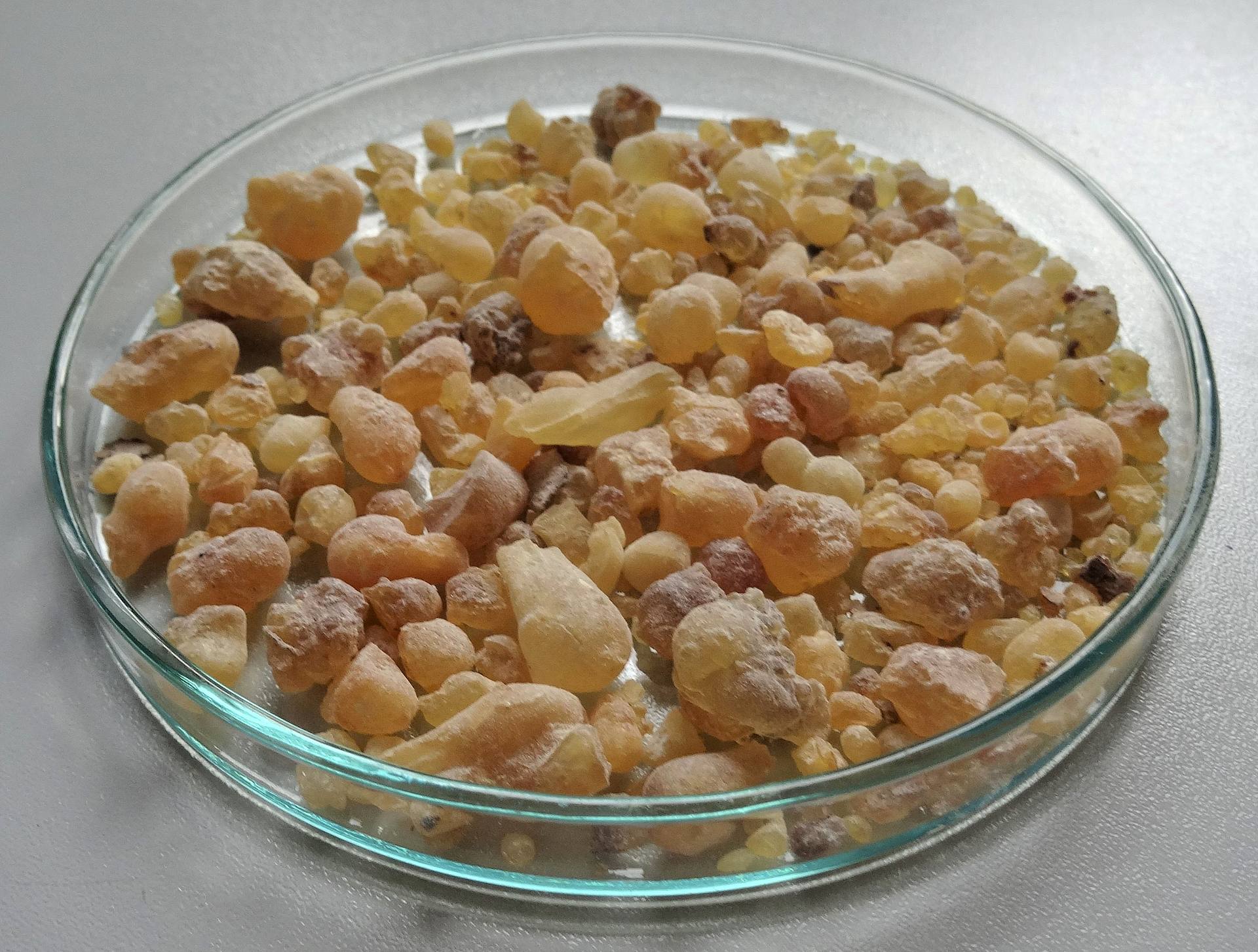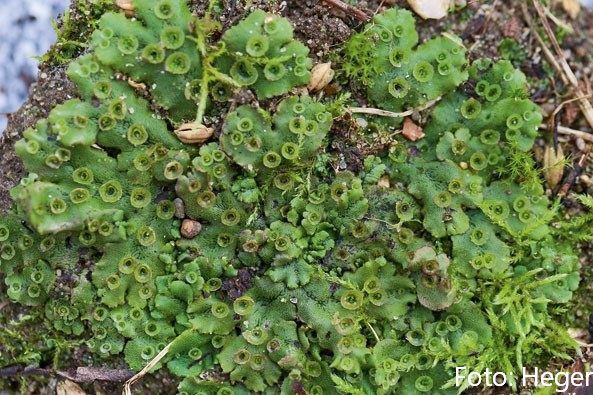Natural and Bioactive Substances
All research groups in Organic Chemistry deal with the isolation and/or synthesis of natural products. Natural products are so called secondary metabolites which are produced by organisms to fulfill important biological functions for its producer. For example, plants and fungi produce toxins to protect them against predatory herbivores. Bacteria produce compounds which are toxic for other bacteria and act as antibiotics. In many cases the biological functions of such natural products are still unknown, or they show activities which seem uninteresting for the producer. For example, why should bacteria produce a compound which shows high toxicity towards breast cancer cell lines? Breast cancer is not a serious issue for bacteria! Nevertheless, the bacteria invest great efforts to synthesis compounds which should protect them, but “by accident”, these act also against cancer. But of course these compounds are not designed to address cancer, and therefore they have to be optimized by chemical synthesis. This is the major focus of the synthetic groups in Organic Chemistry.

The research group of Prof. Kazmaier deals with the synthesis of biological active peptides and alkaloids from bacteria and sponges, potential candidates for the development of antibiotics and anti-cancer drugs (natural product medicinal chemistry). In close cooperation with colleagues from the Helmholtz Institute of Pharmaceutical Science (HIPS) also labeled compounds are synthesized which can be used for biosynthetic studies.

The group of Prof. Jauch group is involved in the isolation and structure elucidation as well as the synthesis of natural products from plants. The focus is on plants used in traditional medicine, such as incense, myrrh and St. John's wort. Ingredients of these plants show anti-inflammatory and antiviral activities.
The research of the group of Prof. Titz focusses on carbohydrate chemistry for the discovery and development of new antiinfectives and diagnostics for bacterial infections. Furthermore, the group identifies new lectins, i.e. carbohydrate-binding proteins, and characterizes them biochemically. Prof. Titz heads the research group Chemical Glycobiology at HIPS.

The research group of Prof. Speicher is engaged in biologically active as well as structural interesting natural products from bryophytes (mosses). The main focus here is put on structural investigation and atroposelective syntheses of axial chiral compounds (macrocyclic biaryls). A second topic are heterocyclic natural compounds.
